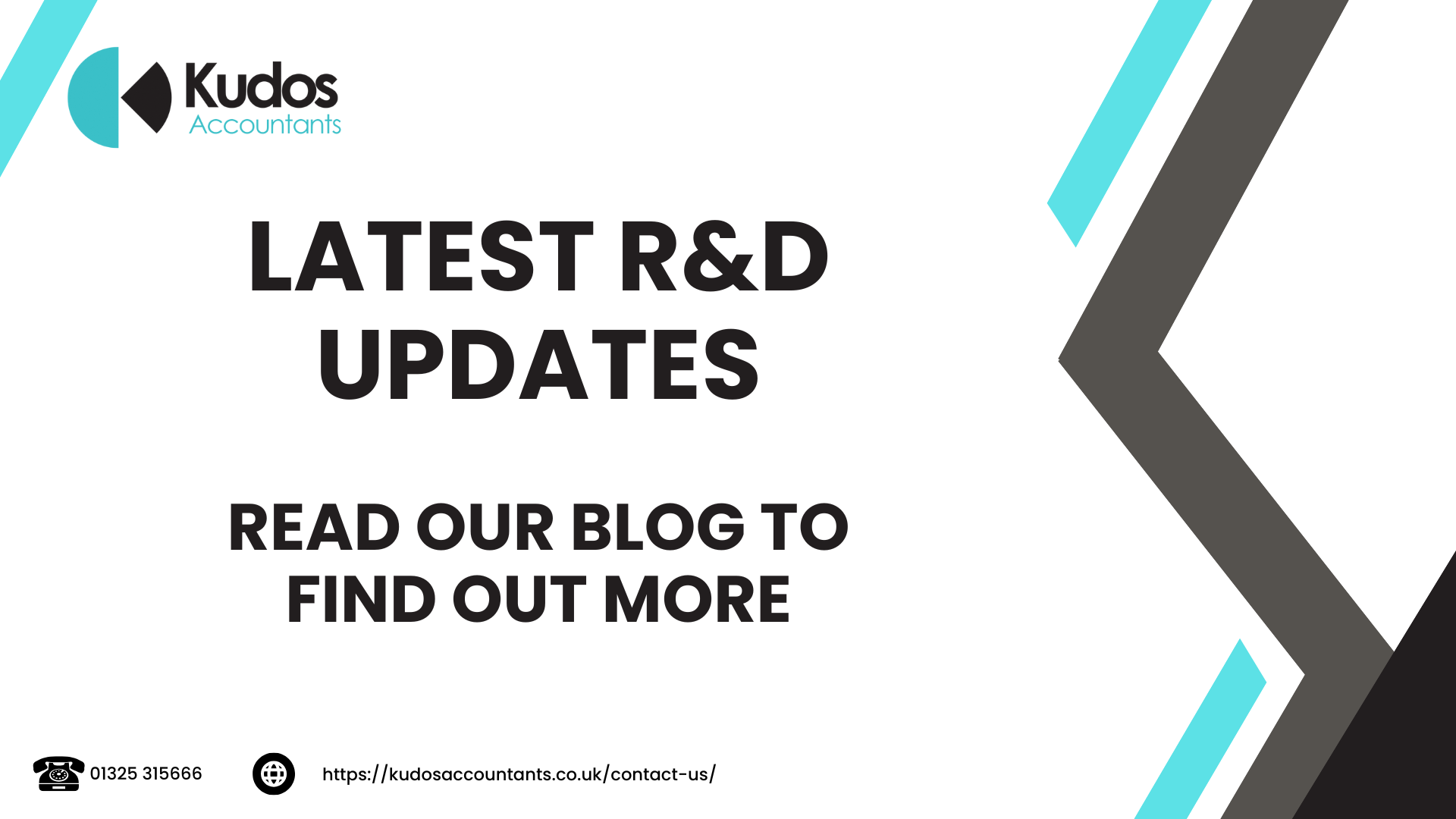

Almost 40% of people in the UK are not saving enough to fund even a basic retirement. That’s the stark reality revealed by recent reports and the gap between what people have saved and what they actually need is eye-watering.
According to the Pensions and Lifetime Savings Association (PLSA), a comfortable retirement – one that includes a few luxuries like holidays, eating out, and a new car every 5 years—requires:
£43,900/year for a single person
£60,600/year for a couple
To generate that level of income sustainably (e.g. through drawdown or annuity), you’d need pension savings of around:
£682,000 (single)
£772,000 (couple)
That’s based on an average drawdown and reasonable life expectancy.
Now here’s the problem.
According to the FCA’s Financial Lives Survey, the average person aged 55 or over has only saved £107,000 into their pension.
That figure might sound reasonable at first glance but when you do the maths, it’s clear it’s nowhere near enough. Even if you combine it with a full State Pension (currently around £11,500/year), the gap between what people have and what they need is huge.
Let’s break it down:
| Lifestyle Level | Required Annual Income | Estimated Pot Needed | Avg Pot (Age 55+) |
|---|---|---|---|
| Minimum | £14,400 (single) | £150k–£200k | £107,000 |
| Moderate | £31,300 (single) | £450k–£500k | £107,000 |
| Comfortable | £43,900 (single) | £682,000 | £107,000 |
That means most people are on track to fund only the bare minimum, if that! The truth is, without increasing contributions or working longer, many will face difficult choices later in life.
A few reasons why so many are falling behind:
Starting too late: Many only begin serious pension saving in their 40s or later.
Underestimating retirement length: With life expectancy now in the 80s+, retirement can last 20-30 years.
Low default contributions: Many rely on the minimum auto-enrolment levels (currently just 8% combined).
Misunderstanding of pension growth and tax benefits: Many don’t realise how much compounding and tax relief can help.
Failing to plan properly means:
Relying on the State Pension alone, which is barely enough to cover rent, bills and food.
Having to work into your 70s, not always by choice.
Missing out on holidays, hobbies, or helping family – simply because the money isn’t there.
It’s not just about numbers. Retirement should be a time of freedom, not frustration. If you’ve worked hard for decades, you deserve a life of dignity, comfort and choice.
If you’re reading this and starting to feel concerned, don’t panic, but don’t delay either. Here’s what you can do now to get on the right track:
Use your pension provider’s calculator or tools like MoneyHelper
Gather up all your pensions from old jobs and check their current value (we can help with this)
Use the PLSA Retirement Living Standards as a guide
Factor in when you want to retire, lifestyle goals and whether you’ll receive the full State Pension
Even an extra 1-2% of your salary can make a big difference over time
Make the most of employer matching if available
Speak to us, especially if you have multiple pots, self-employment income, or plans to retire early
ISAs, investments, property rental income or business interests may also support retirement
Retirement is changing. We’re living longer, working differently, and facing rising costs. But one thing hasn’t changed: the importance of planning.
Almost 40% of people may fall short, don’t be one of them. Your future comfort depends on what you do today.
Want help reviewing your pension strategy or understanding your options? Get in touch with our team for a free initial consultation here https://think-kudos.com/wealth-investment-enquiry/





Residential Mortgage

Commercial Mortgage

Pensions & Investments

Protection & Insurances

Health Questionairre

Asset Finance

Business Finance

Invoice Finance

Residential Mortgage

Commercial Mortgage

Personal Details Form

Business Details Form

Tax Return Information

Residential Mortgage

Commercial Mortgage

Pensions & Investments

Protection & Insurances

Health Questionairre

Asset Finance

Business Finance

Full Business Finance Review

Invoice Finance